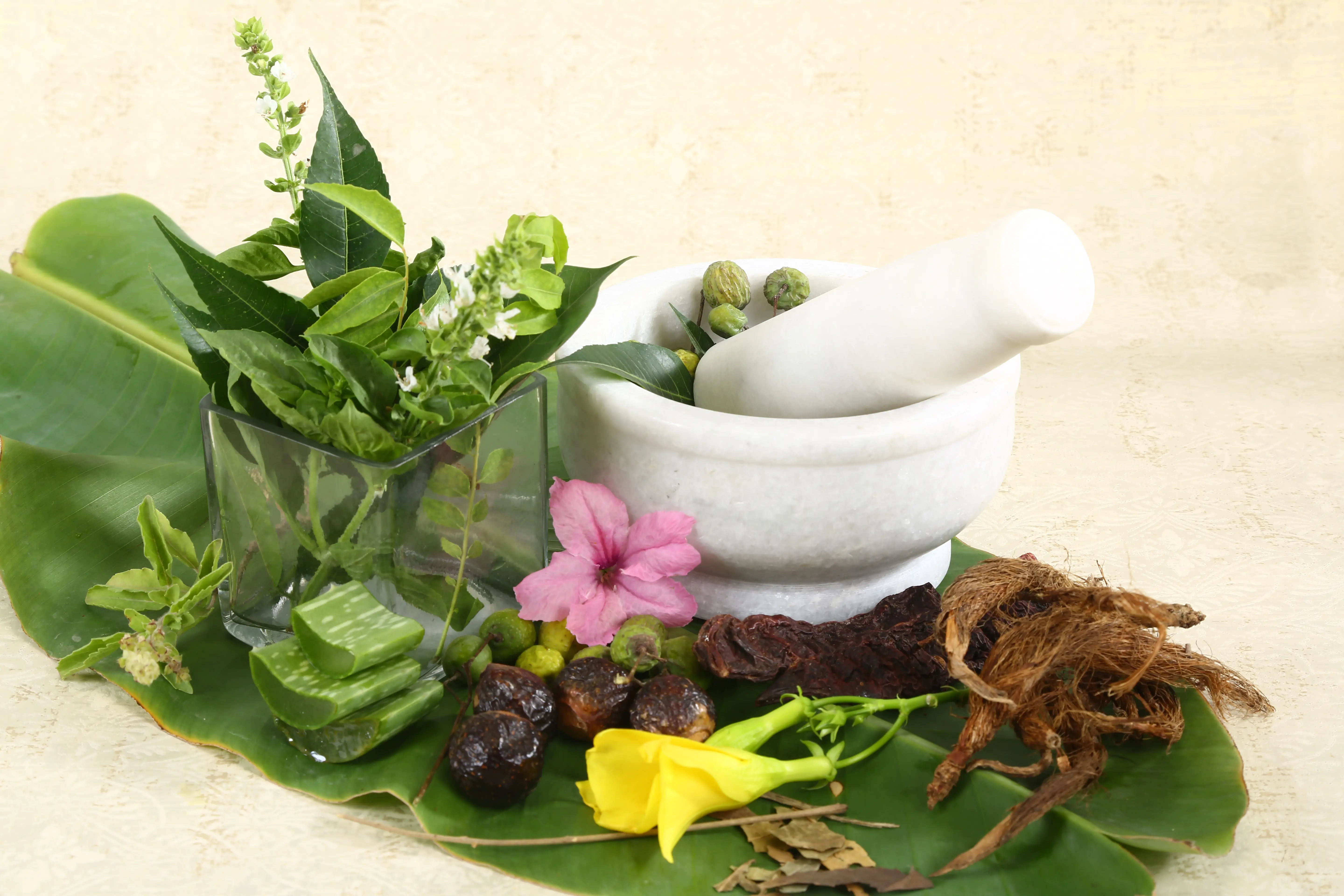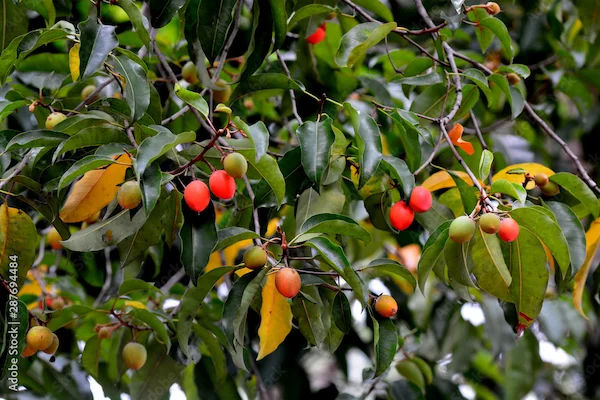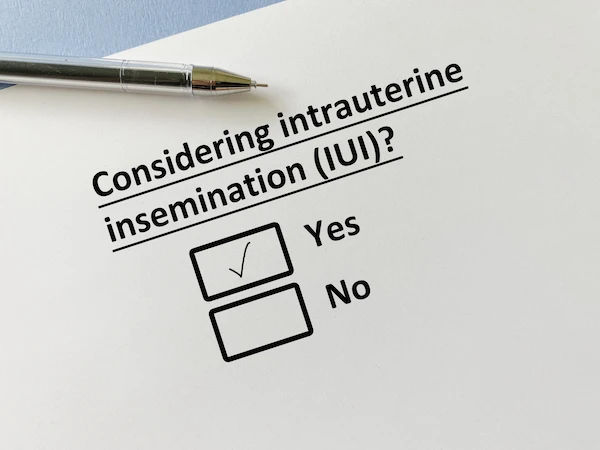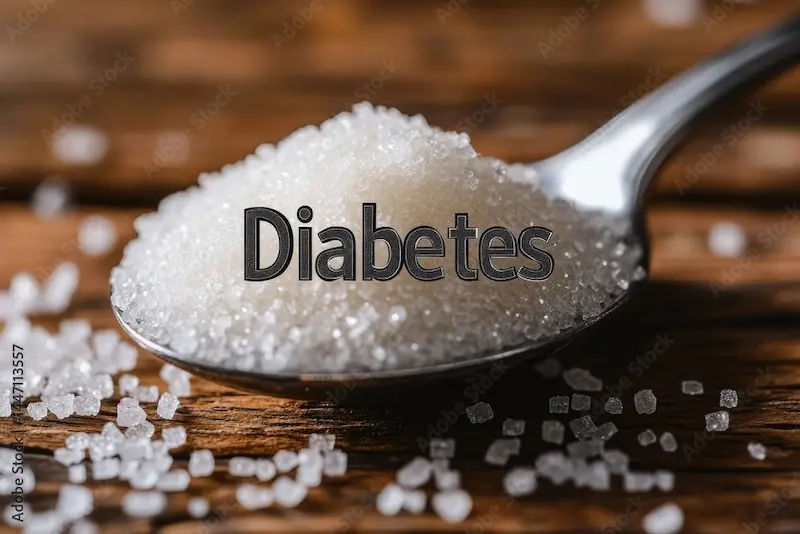Ways to Manage Blood Pressure Naturally
Discover natural ways to manage blood pressure through balanced nutrition, regular exercise, stress management, and healthy daily habits to support long-term heart health.

Written by Dr. Shaik Abdul Kalam
Reviewed by Dr. Rohinipriyanka Pondugula MBBS
Last updated on 21st Aug, 2025

Introduction
High blood pressure, or hypertension, is a common health issue that affects millions of people worldwide. If left uncontrolled, it can lead to serious complications like heart disease, stroke, and kidney problems. The good news is that with simple lifestyle changes, you can manage your blood pressure naturally and reduce the risk of complications.
In this article, we’ll explore effective, natural ways to keep your blood pressure in check without relying solely on medications.
Understanding Blood Pressure
Blood pressure is the force of blood pushing against the walls of your arteries as your heart pumps. It is measured in two numbers:
Systolic pressure (top number): Pressure when your heart beats.
Diastolic pressure (bottom number): Pressure when your heart rests between beats.
A normal blood pressure reading is around 120/80 mmHg. If your readings consistently stay above 130/80 mmHg, you may have high blood pressure.
Health topic carousel:
Doctor's speciality: Cardiology
Text: Consult a Top Cardiologist
Natural Ways to Manage Blood Pressure
Below are the natural ways to manage blood pressure,
1. Eat a Heart-Healthy Diet
What you eat plays a major role in controlling blood pressure. Focus on:
Reducing salt (sodium) intake – Excess salt causes your body to retain water, increasing blood pressure. Limit processed foods, canned soups, and salty snacks.
Increasing potassium-rich foods – Potassium helps balance sodium levels. Include bananas, spinach, sweet potatoes, avocados, and beans.
Following the DASH diet – The Dietary Approaches to Stop Hypertension (DASH) emphasizes fruits, vegetables, whole grains, lean proteins, and low-fat dairy.
2. Exercise Regularly
Physical activity strengthens your heart, allowing it to pump blood more efficiently. Aim for:
30 minutes of moderate exercise (brisk walking, cycling, swimming) most days of the week.
Strength training twice a week to improve circulation.
Yoga or stretching to reduce stress, which can also lower blood pressure.
3. Maintain a Healthy Weight
Being overweight puts extra strain on your heart and blood vessels. Losing even 5-10% of your body weight can significantly lower blood pressure.
4. Limit Alcohol and Quit Smoking
Alcohol – Drinking too much can raise blood pressure. Limit to 1 drink per day for women, 2 for men.
Smoking – Nicotine tightens blood vessels and increases heart rate. Quitting improves circulation and lowers blood pressure.
5. Reduce Stress
Chronic stress contributes to high blood pressure. Try these relaxation techniques:
Deep breathing exercises
Meditation or mindfulness
Listening to calming music
Spending time in nature
6. Get Enough Sleep
Poor sleep affects hormones that regulate blood pressure. Aim for 7-9 hours of quality sleep per night. If you have sleep apnea (a condition causing interrupted breathing during sleep), seek treatment as it can worsen hypertension.
7. Monitor Your Blood Pressure at Home
Regular tracking helps you understand how lifestyle changes affect your readings. Use a digital blood pressure monitor and keep a log to share with your doctor.
8. Drink Hibiscus or Green Tea
Some herbal teas, like hibiscus, have been shown to lower blood pressure naturally. Green tea also contains antioxidants that support heart health.
9. Cut Back on Caffeine
While moderate coffee intake is generally safe, excessive caffeine can temporarily spike blood pressure. If you’re sensitive to caffeine, opt for decaf or herbal teas.
10. Stay Hydrated
Dehydration can cause blood vessels to constrict, raising blood pressure. Drink at least 8 glasses of water daily unless advised otherwise by your doctor.
When to See a Doctor?
While lifestyle changes help, some people may still need medication. Consult a doctor if:
Your blood pressure remains high despite lifestyle changes.
You experience symptoms like severe headaches, dizziness, chest pain, or vision problems.
Take Charge of Your Heart Health Today!
Managing blood pressure naturally is possible with the right habits. Small, consistent changes can make a big difference in your long-term health.
If you need personalized advice, consider booking a consultation with a cardiologist or nutritionist on Apollo 24|7. You can also schedule a blood pressure check-up to monitor your progress.
Health topic carousel:
Doctor's speciality: Cardiology
Text: Consult a Top Cardiologist




